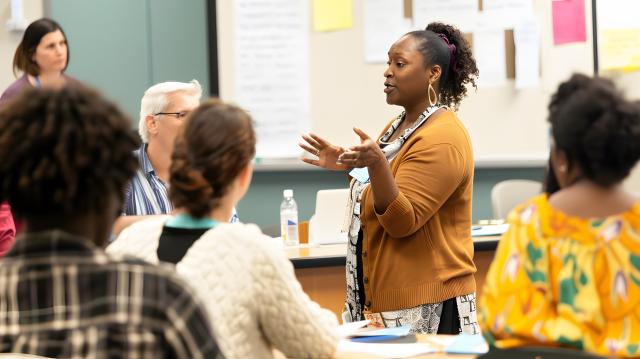
Each semester, the Drake Institute presents a dynamic schedule of workshops and events designed for all who teach and support instruction at Ohio State. Our programming addresses a range of topics in active learning, assessment, curriculum and course development, educational technology and more. Whether in-person or virtual, workshop sessions provide time to learn, practice skills and connect with fellow educators in real time.
Browse our upcoming events feed and register for the topics that interest you. We look forward to seeing you soon!
Looking to learn at your own pace? See On-Demand Learning for Educators. To browse all Drake Institute offerings, whether live or self-paced, visit the Learning Opportunities page.
Upcoming Events
-
-
-
-
-
-
-
-
-
-